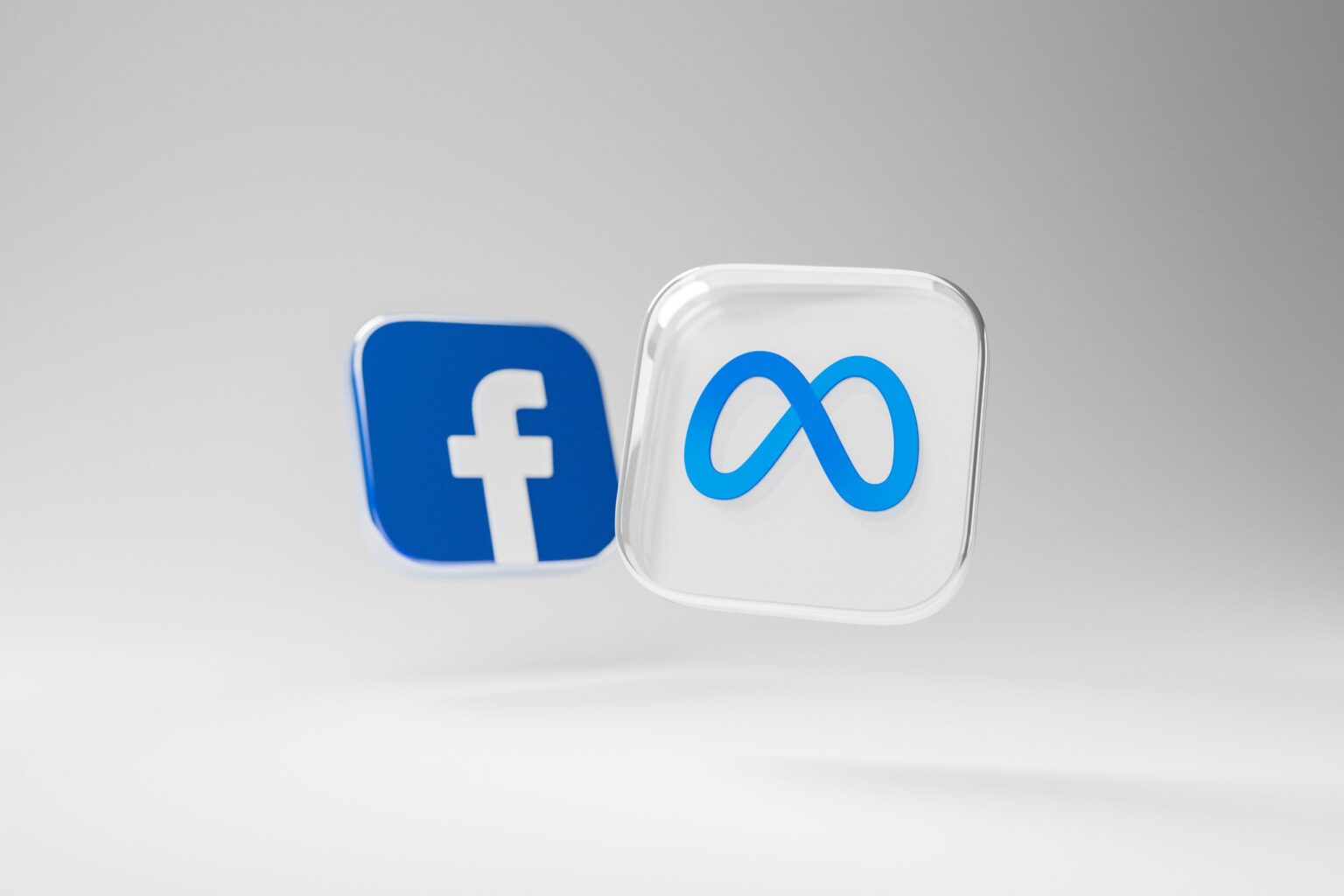Meta CEO Mark Zuckerberg has expressed strong disapproval of Apple’s Vision Pro headset, a product that has been making waves in the tech world since its debut. The device’s innovative “passthrough” function, which allows users to remain aware of their surroundings while immersed in the virtual environment, has recently become the subject of public discussion. This feature, alongside notable public sightings of celebrities like Diplo and T-Pain using the headset in everyday settings, sparked Zuckerberg’s comments, which have fueled a broader conversation on the future of wearable tech and the competition between industry giants.
Apple’s Vision Pro, often described as a groundbreaking piece of augmented reality (AR) technology, has made headlines for its sleek design and impressive functionality. The passthrough feature is particularly intriguing, as it enables users to blend virtual content with the real world around them. This capability allows individuals to interact with the digital realm while maintaining a sense of physical space, a feature that has become a focal point of the device’s appeal. As users like Diplo and T-Pain are seen sporting the headset at public events, it has raised eyebrows across the tech community, especially as Apple seeks to position the Vision Pro as both a practical and fashionable product.
Mark Zuckerberg, whose company Meta is one of the leading players in the VR and AR markets, wasted no time in critiquing Apple’s new device. In his remarks, Zuckerberg focused on what he perceives as the limitations of the Vision Pro, questioning its practicality and effectiveness in comparison to Meta’s own offerings. Zuckerberg’s comments come at a time when Meta is heavily invested in the Metaverse and augmented reality as key elements of its future growth strategy. The CEO has been vocal in his belief that Meta’s approach to AR and VR is more user-centric and immersive, arguing that his company is pioneering the next wave of digital interaction.
Zuckerberg’s public critique also draws attention to the larger competitive dynamics at play in the wearable technology market. While Apple has traditionally dominated the consumer tech space with its iPhones, iPads, and other products, Meta has made a concerted push into the AR and VR realms with devices like the Quest and its broader Metaverse vision. The tension between the two tech titans has intensified, as each strives to carve out a dominant position in the emerging field of immersive technologies. Meta’s continued development of its Horizon platform, combined with its growing presence in virtual reality, serves as a direct challenge to Apple’s more AR-focused Vision Pro.
The controversy surrounding the Vision Pro also highlights the broader societal conversations about the role of immersive technologies in daily life. The growing trend of using devices like the Vision Pro in public spaces has sparked debates over privacy, the potential for social isolation, and the blending of digital and physical experiences. As public figures embrace the headset, there is increasing speculation about how mainstream adoption will unfold and whether the device will succeed in becoming a staple of everyday life or remain a niche product for tech enthusiasts and celebrities.
As the wearable technology market heats up, it remains to be seen whether Apple’s Vision Pro or Meta’s upcoming innovations will ultimately define the future of augmented and virtual reality. However, with major players like Zuckerberg and Apple now engaged in public debates about their respective visions, one thing is clear: the battle for dominance in this space is just beginning.
